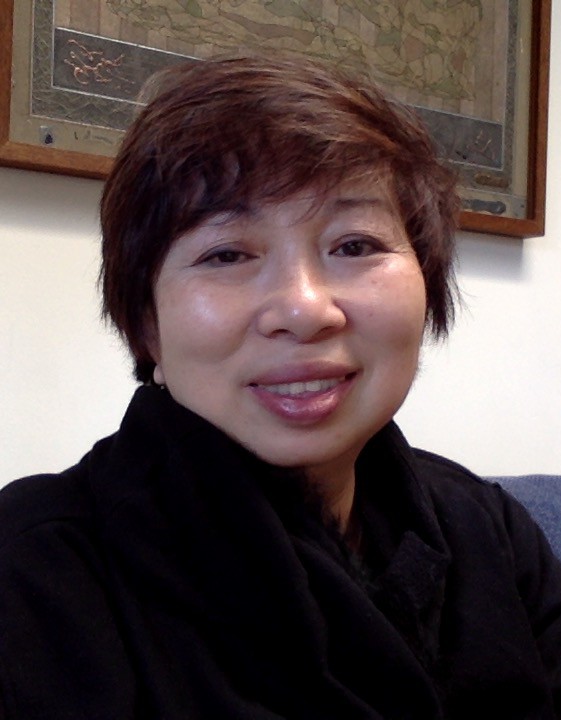Contributor Spotlight: Marianne Villanueva
Marianne Villanueva’s story “Ice” is featured in Issue 75 of the Bellingham Review.
What would you like to share with our readers about the work you contributed to the Bellingham Review?
I love this story. I think it’s found a great home in Bellingham Review. It’s part of a series I started writing several years ago, about climate change—but not global warming, global freezing! Because I’m not a scientist and it turns out I have a lot more to say about cold than about heat. I don’t know how/why I thought I could pull off a glancing story about a future dystopian ice world but I decided not to over-think it and just go with the voice. The first two pages are first draft. I didn’t have to change one word. Most of my revisions to this story were attempts to “grow” it. But I love it just the way it is now, in Bellingham Review.
Tell us about your writing life.
I write all the time. I’m a very emotional person and I find that writing is a good way for me to document my day: all the mood swings and random thoughts/ideas that occur to me. I’m always writing (in my head) if not in front of the computer. The only times I have dry spells are when I’m too exhausted by travel and/or anxiety of one form or another. I am a writer even when I’m not actively working on a project. It’s always there, my inspiration: in my emotions.
Which non-writing aspect(s) of your life most influences your writing?
Visual stimulation—I feel a kinship with visual artists. I think of my stories as small snapshots. I’m always feeding the well by looking at art or watching movies or TV shows.
What writing advice has stayed with you?
It’s not about who is the first to publish; it’s who is the last one standing.
What is your favorite book (or essay, poem, short story)? Favorite writer(s)?
This changes from year to year, sometimes even from month to month. I’ve, at various times, loved Marguerite Duras, David Henry Hwang, Francoise Sagan, Annie Ernaux, and Lydia Davis. I just finished Banana Yoshimoto’s novel Moshi Moshi. The tone was incredible—the grief and the blankness worked together so well. You can tell from my list of authors that I’m very big on translations. For a long time, Haruki Murakami’s Norwegian Wood was my favorite novel.
What are you reading right now?
A great biography of Franklin Roosevelt—His Final Battle: The Last Months of Franklin Roosevelt by Joseph Lelyveld. I’m also reading Voice from Chernobyl: The Oral History of a Nuclear Disaster by Svetlana Alexievich.
What project(s) are you working on now, or next?
I’m trying to see if I can actually pull off a novel. I’ve been working on this one (about an 18th century priest who is sent to the Philippines to fight demons) for about six years. I work on it in spurts.
I also have a cycle of dystopian fantasy: all set in an apocalyptic world of ice, where people are half-machine, where they’re slowly mutating into fish (growing flippers) or lizards (one of the characters in my most recent set of stories is called Fire Lizard because he is slowly turning into a lizard, an unfortunate effect of over-exposure to Strontium 90).
Anything else our readers might want to know about you?
I don’t like the way I look in photographs.
Where can our readers connect with you online?
I tweet, but mostly hashtag games. I have a blog called Kanlaon (the name of a volcano from my father’s home island: Negros, in the central Philippines) in which I ONLY refer to myself in the third person, as “self.”
MARIANNE VILLANUEVA is the author of the story collections Ginseng and Other Tales From Manila, Mayor of the Roses, and The Lost Language. Her novella, Jenalyn, was a finalist for England’s 2014 Saboteur Award. Her stories have appeared in The Threepenny Review, ZYZZYVA, Crab Orchard Review, Juked, Your Impossible Voice, Prism International, Wigleaf, and Witness, among others. She teaches for UCLA Extension’s Writers Program and is completing a novel about an 18th century Spanish priest sent to the Philippines to fight demons.
Featured Image: “Ice” by s_volenszki
